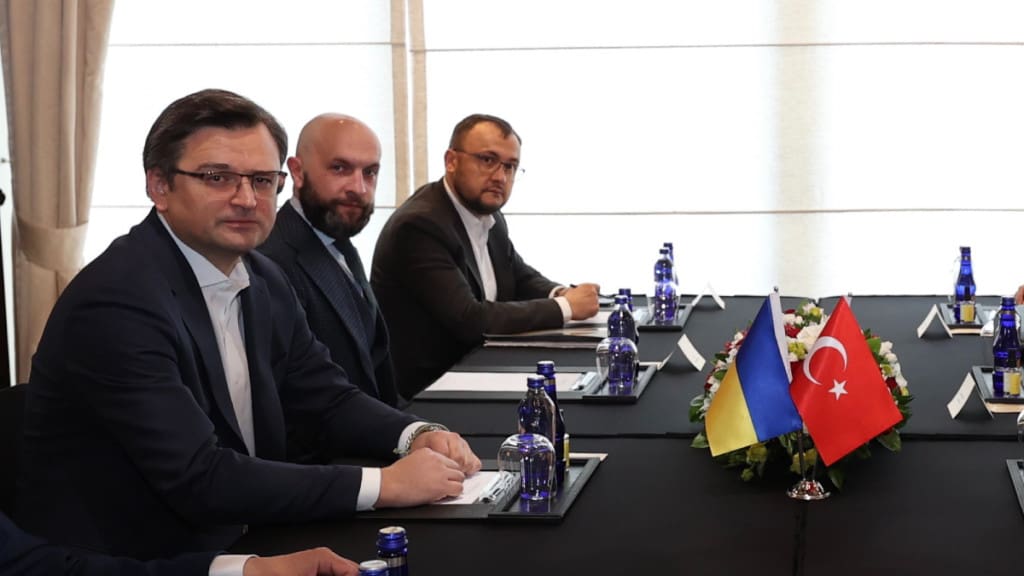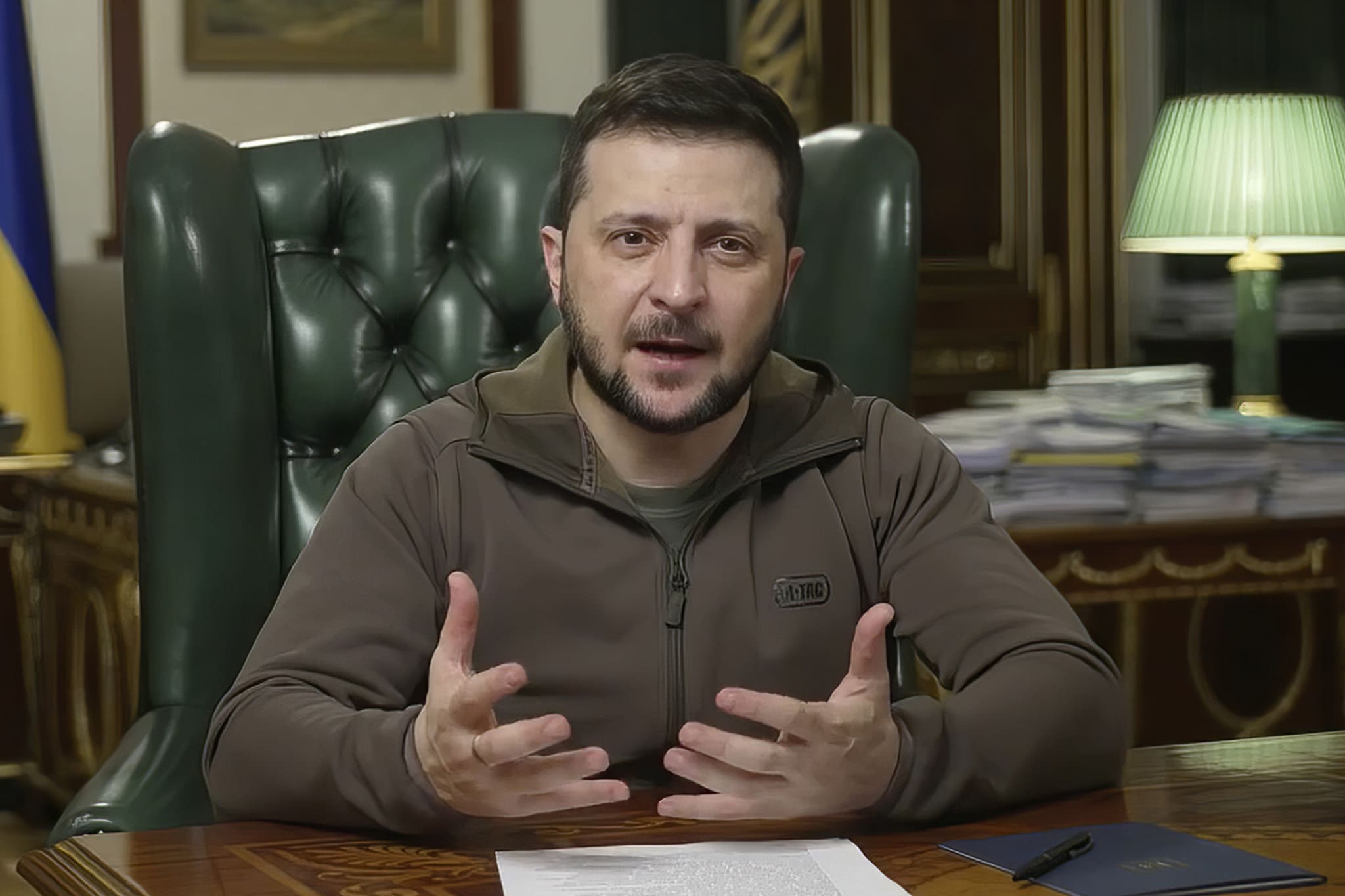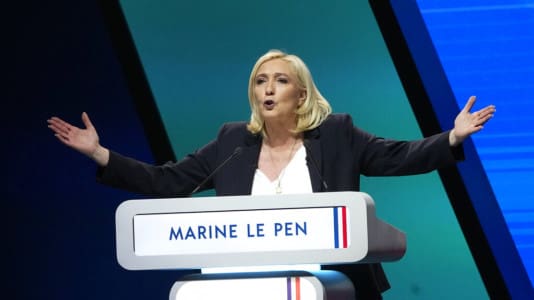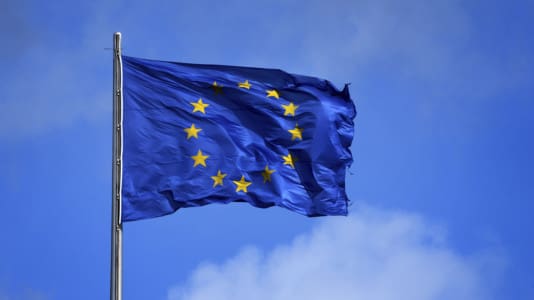Following several attacks by Ukrainian President Volodymyr Zelensky against Hungary and its Prime Minister Viktor Orbán personally, the Ukrainian foreign ministry has now released a statement accusing Hungary of “feeding the Russian war machine” by agreeing to pay in rubles for Russian gas.
In a press release signed by Oleg Nikolenko, a spokesman for the ministry, Ukraine claimed the Hungarian ruling party’s election campaign was based on intimidating Hungarians with the threat that the Russian war would spread to Hungary.
“The Hungarian leadership does not want to acknowledge Russia’s undeniable responsibility for the atrocities committed in Bucha, Irpiny, Hostomel and other settlements, which means that they are consciously strengthening their sense of impunity in Russia and encouraging further atrocities against the Ukrainians,” the statement read.

He added that the statements of the Hungarian leadership expressing a willingness to pay in rubles for Russian gas fall into this category.
On Wednesday, Hungarian Prime Minister Viktor Orbán told journalists at a press conference in Budapest: “It will not be difficult for us to pay in rubles for gas, if the Russians ask, we will pay for it.”
[pp id=32695]
According to Ukraine, paying for gas in rubles is part of Russia’s plan to save the Russian economy from international sanctions. Despite such claims, the reality is that Hungary is highly reliant on Russian gas to keep its economy running, as are many other European nations. Orbán and others have argued they have no choice but to block sanctions on Russian gas and oil, and any outright cut in Russian energy would not only crash Hungary’s economy, but likely much of Europe’s.
The attacks directed against Hungary come after Zelensky actively tried to intervene in the elections in favor of the Hungary’s opposition. The Ukrainian government has also made a variety of outlandish claims against Hungary, including it wants to annex a part of Ukraine.
“The Russian military needs resources to continue the war against Ukraine,” said Nikolenko, who claimed that if the countries of the European Union pay for the gas in rubles they would be effectively funding the Russian invasion.
[pp id=33340]
“In this context, we consider the statement on the payment of Russian gas in rubles to be an unfriendly position towards our country. Such statements also run counter to the European Union’s clear position, which refuses to satisfy Russia’s whims,” the statement added, also listing a series of demands to Hungary.
“In light of this, the proposals to hold peace talks between Ukraine and Russia in Budapest seem cynical,” they added. According to them, if Hungary wanted to help end the war, it would do the following “stop destroying unity in the European Union, support new anti-Russian sanctions, provide military assistance to Ukraine, and not to create additional resources for the Russian military machine.”
By the peace talks proposals, the statement was referring to Orbán’s account that he spoke with Russian President Vladimir Putin via a telephone call on Wednesday and offered to host ceasefire talks in Budapest.






